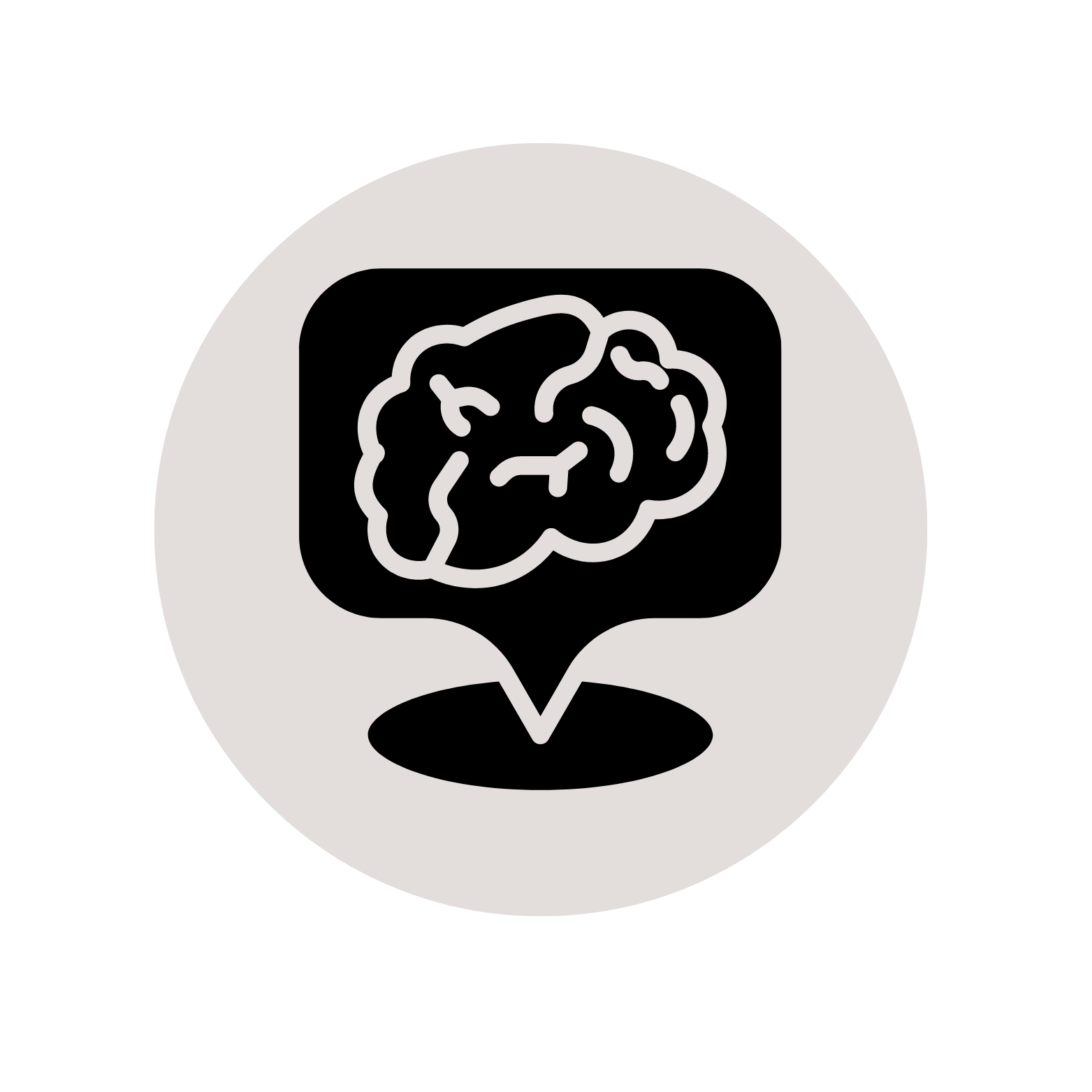Speech & Voice Therapy
Have you noticed changes to your voice involving loudness, quality, pitch, or resonance? Or have you experienced changes in your speech, making it difficult for others to understand you?
Speech changes can result from a variety of diagnoses, such as Parkinson’s disease, stroke, traumatic brain injury, and other degenerative neurological disorders.
Speech disorders can present as dysarthria, a condition in which the muscles of the mouth, face, voice, and respiratory system may be weak or move slowly.
Speech disorders can present as apraxia, caused by injury to the parts of the brain associated with speech, resulting in inconsistent speech errors.
Causes of voice disorders can include damage to the vocal cords, respiratory disorders, vocal tension, neurological disorders, gastroesophageal reflux (GERD), and aging.
Here are common symptoms associated with speech and voice disorders:
Speech Symptoms
Speech that is difficult to understand
Inconsistent speech patterns
Slowed speech rate
Short rush or “bursts” of speech
Sounding like you have a stuffy nose or talking out of your nose
Problems moving your tongue, lips, or jaw
“Slurred” or “mumbled” speech
Speech sounding “robotic” or “choppy”
Voice Symptoms
Hoarse or rough-sounding voice
Strained vocal quality (harsh or tense)
Breathy vocal quality (vocal weakness)
Abnormal loudness/volume
Abnormal pitch (decreased vocal range)
Sore throat or pain after speaking
Voice breaks
Tremorous/shaky voice
Variable vocal quality throughout the day
We provide effective and functional speech & voice treatments such as:
Vocal function exercises
Manual circumlaryngeal techniques
Semi-occluded vocal tract exercises
Conversation training therapy
Resonant Voice Therapy (RVT)
Modified Lee Silverman Voice Treatment (LSVT) techniques
Respiratory Muscular Strength Training (RMST) & Expiratory Muscular Strength Training (EMST)
One of the most common diseases that Speech Therapists address is Parkinson’s disease, which can affect speech and voice. Research shows that 89% of people diagnosed with Parkinson’s disease (PD) experience speech and voice disorders.
As a result of these symptoms, individuals with Parkinson’s disease report being less likely to participate in conversations or have confidence in social settings compared to healthy individuals in their age group.
Don’t let Parkinson’s disease keep you from participating in the things you love and communicating confidently. We can help you speak clearly!




